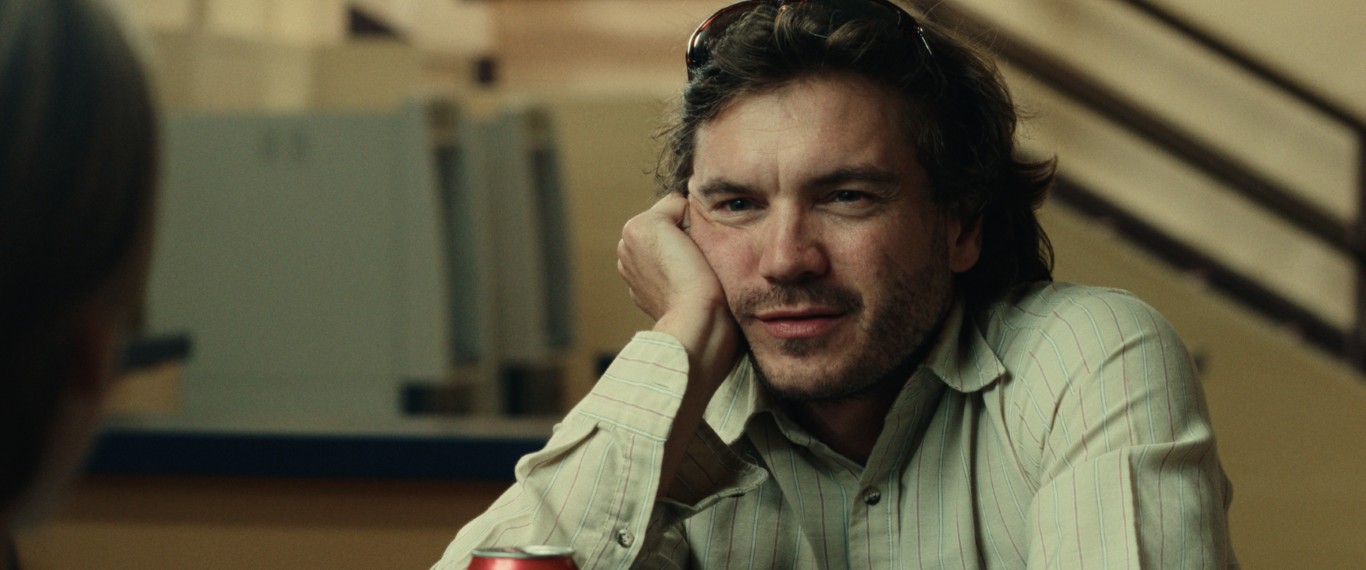
"The majority of "Stooper" takes place at the track where the boy's father asks him, "Who do you like in the second?" making sure the boy understands it's not who do you "want," but who do you "like"? There's something about Captain Midnight that captures the boy's interest. The father explains "odds" to him and that Captain Midnight is a bad bet (10-1 odds). The boy insists. It's his money, he can do whatever he wants with it. Captain Midnight, it is."
"From there, the boy and his father fall into the trap that is the story of many gambling addicts, and we start to wonder if maybe these two are better off if they lose everything. Something about "Stooper" reminded me of Richard Linklater's "Boyhood," where again, the father gets his son on weekends and maybe doesn't always make the best choices of where to go and what to do,"
Valor Hirsch receives a ten-dollar bill on his tenth birthday and adds it to savings hidden under his bed for a bicycle. His father picks him up with no plan and takes him to a racetrack, where the father reframes choices as whom the boy 'likes' rather than whom he 'wants.' The boy becomes fixated on a longshot named Captain Midnight and insists on betting despite warning about poor odds. The pair slide into a cycle of risky gambling decisions, heightening suspense and moral stakes about money, choice, and paternal influence.
Read at Roger Ebert
Unable to calculate read time
Collection
[
|
...
]